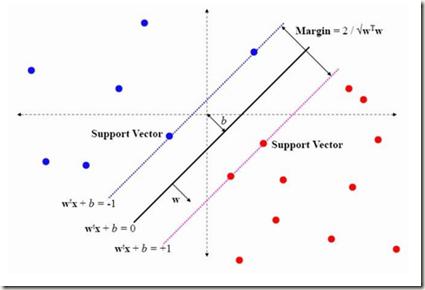Social media platforms have revolutionized traditional communication techniques by enabling people globally to connect instantaneously, openly, and frequently. People use social media to share personal stories and express their opinion. Negative emotions such as thoughts of death, self-harm, and hardship are commonly expressed on social media, particularly among younger generations. As a result, using social media to detect suicidal thoughts will help provide proper intervention that will ultimately deter others from self-harm and committing suicide and stop the spread of suicidal ideation on social media. To investigate the ability to detect suicidal thoughts in Arabic tweets automatically, we developed a novel Arabic suicidal tweets dataset, examined several machine learning models, including Na\"ive Bayes, Support Vector Machine, K-Nearest Neighbor, Random Forest, and XGBoost, trained on word frequency and word embedding features, and investigated the ability of pre-trained deep learning models, AraBert, AraELECTRA, and AraGPT2, to identify suicidal thoughts in Arabic tweets. The results indicate that SVM and RF models trained on character n-gram features provided the best performance in the machine learning models, with 86% accuracy and an F1 score of 79%. The results of the deep learning models show that AraBert model outperforms other machine and deep learning models, achieving an accuracy of 91\% and an F1-score of 88%, which significantly improves the detection of suicidal ideation in the Arabic tweets dataset. To the best of our knowledge, this is the first study to develop an Arabic suicidality detection dataset from Twitter and to use deep-learning approaches in detecting suicidality in Arabic posts.
翻译:暂无翻译




